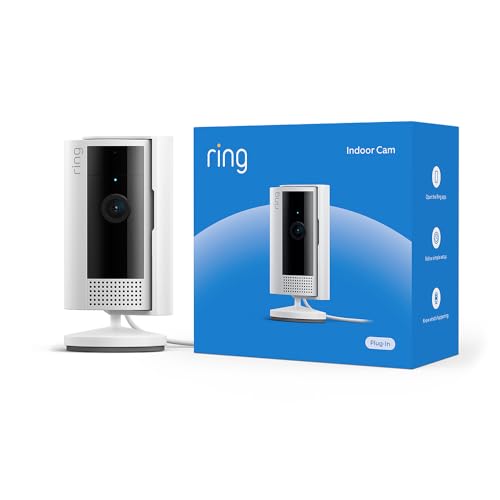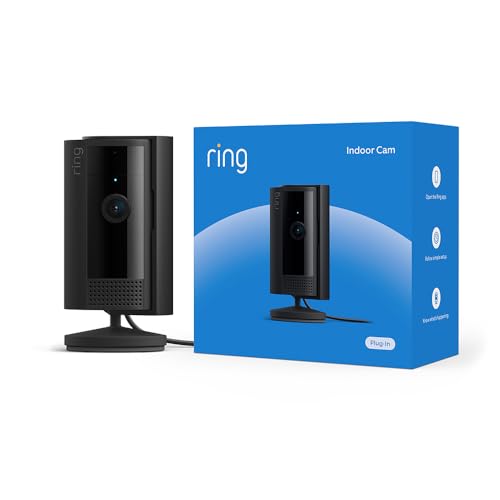


Installing security cameras in a residential building or a commercial property can raise questions about privacy, security, and the need for approval from the board or governing body.
While the laws and regulations regarding security camera installation vary from one jurisdiction to another, there are some common factors to consider when determining whether board approval is needed.
Factors such as the location of the cameras, the type of property, and the extent of surveillance can all play a role in whether board approval is necessary.
Is Board Approval Required for Security Camera Installation?
When considering installing security cameras in a building or community, the question of whether board approval is required often arises. The answer to this question depends on the specific rules and regulations of the governing body or homeowners’ association overseeing the property.
In many cases, installing security cameras may fall under the purview of the board or association, especially if the cameras will be placed in common areas or affect the overall appearance of the property. Boards typically have the authority to make decisions regarding security measures and modifications to the common areas.
It is important to review the bylaws, rules, and regulations of the community or building to determine if board approval is necessary for security camera installation. If board approval is required, the process usually involves submitting a formal request detailing the proposed location, type of cameras, and purpose of the installation.
By following the proper procedures and obtaining board approval when necessary, property owners can ensure that security cameras are installed in compliance with the rules and regulations of the community or building.
Overview of Security Camera Installation
Installing security cameras is an important step in enhancing the safety and security of a property. Before proceeding with the installation, it is crucial to consider various factors such as the purpose of the cameras, the areas to be monitored, and the type of cameras needed.
When planning the installation of security cameras, it is essential to assess the layout of the property and identify the best locations for camera placement. This will help ensure maximum coverage and effectiveness of the surveillance system.
Additionally, it is important to consider the wiring and power supply requirements for the cameras. Proper installation of cables and power sources is essential to ensure the cameras function correctly and have a reliable connection.
Depending on the complexity of the installation, it may be necessary to seek professional help to ensure the cameras are installed correctly and meet the required standards. Some jurisdictions may also require board approval for the installation of security cameras in certain areas, so it is important to check local regulations before proceeding.
Overall, proper planning and installation of security cameras are essential to enhance the safety and security of a property and deter potential threats.
Benefits of Security Camera Installation
Installing security cameras can bring numerous benefits to a property or business. Here are some key advantages:
1. Deter Crime
Having visible security cameras can deter potential criminals from targeting your property. The presence of cameras can make intruders think twice before committing any illegal activities.
2. Monitor Activities
Security cameras allow you to monitor activities in real-time and review footage later. This can help in identifying any suspicious behavior, resolving disputes, or providing evidence in case of incidents.
| 3. Enhanced Safety | Security cameras can enhance the safety of your property by providing a sense of security to occupants and deterring unwanted behavior. |
| 4. Remote Access | With modern security camera systems, you can access live feeds remotely from your smartphone or computer, allowing you to keep an eye on your property from anywhere. |
Legal Considerations for Security Camera Installation
When installing security cameras, it is essential to consider various legal aspects to ensure compliance with privacy and surveillance laws. Here are some key legal considerations:
1. Privacy Laws
Before installing security cameras, it is crucial to understand privacy laws that govern surveillance activities in your area. Ensure that you are not infringing on individuals’ privacy rights by capturing footage in private areas without consent.
2. Consent and Notification
Depending on the jurisdiction, you may be required to obtain consent from individuals before installing security cameras on your property. Additionally, posting clear signs notifying people about the presence of surveillance cameras is often a legal requirement.
Failure to comply with privacy and surveillance laws can result in legal consequences, including fines and lawsuits. It is recommended to consult with legal experts or authorities to ensure that your security camera installation is legally compliant.
Importance of Board Approval for Security Camera Installation
Installing security cameras in a residential or commercial property is a decision that should not be taken lightly. It is important to obtain board approval before proceeding with the installation for several reasons:
1. Legal Compliance
Board approval ensures that the installation of security cameras complies with all relevant laws and regulations. By obtaining approval, property owners can avoid potential legal issues and liabilities.
2. Privacy Concerns
Installing security cameras without board approval can raise concerns about invasion of privacy. Board approval allows for proper consideration of privacy implications and ensures that the rights of residents or tenants are respected.
Overall, board approval for security camera installation is crucial for ensuring legal compliance, addressing privacy concerns, and promoting transparency in the decision-making process.
Steps to Obtain Board Approval for Security Camera Installation
Installing security cameras in a residential complex often requires approval from the board to ensure compliance with regulations and community guidelines. Here are the steps to follow to obtain board approval for security camera installation:
1. Research and Proposal
Start by researching the best security camera options for your property and drafting a detailed proposal outlining the need for security cameras, their placement, and the benefits they will provide to the community.
2. Present to the Board
Schedule a meeting with the board to present your proposal. Clearly explain the need for security cameras, address any concerns the board may have, and emphasize the importance of enhancing safety and security within the complex.
Remember to be prepared to answer any questions the board may have and provide additional information or modifications to your proposal as needed.






